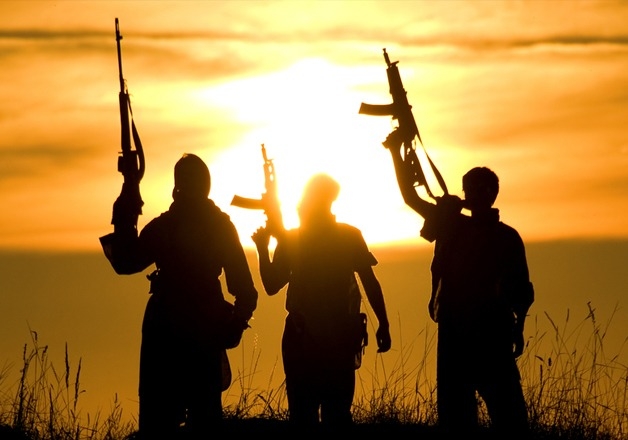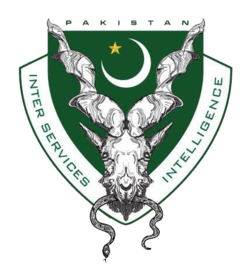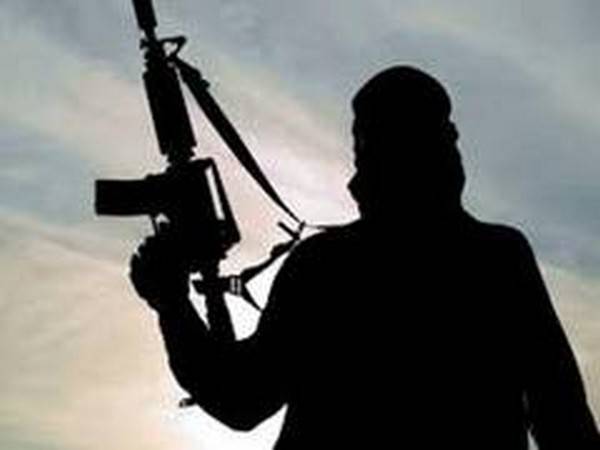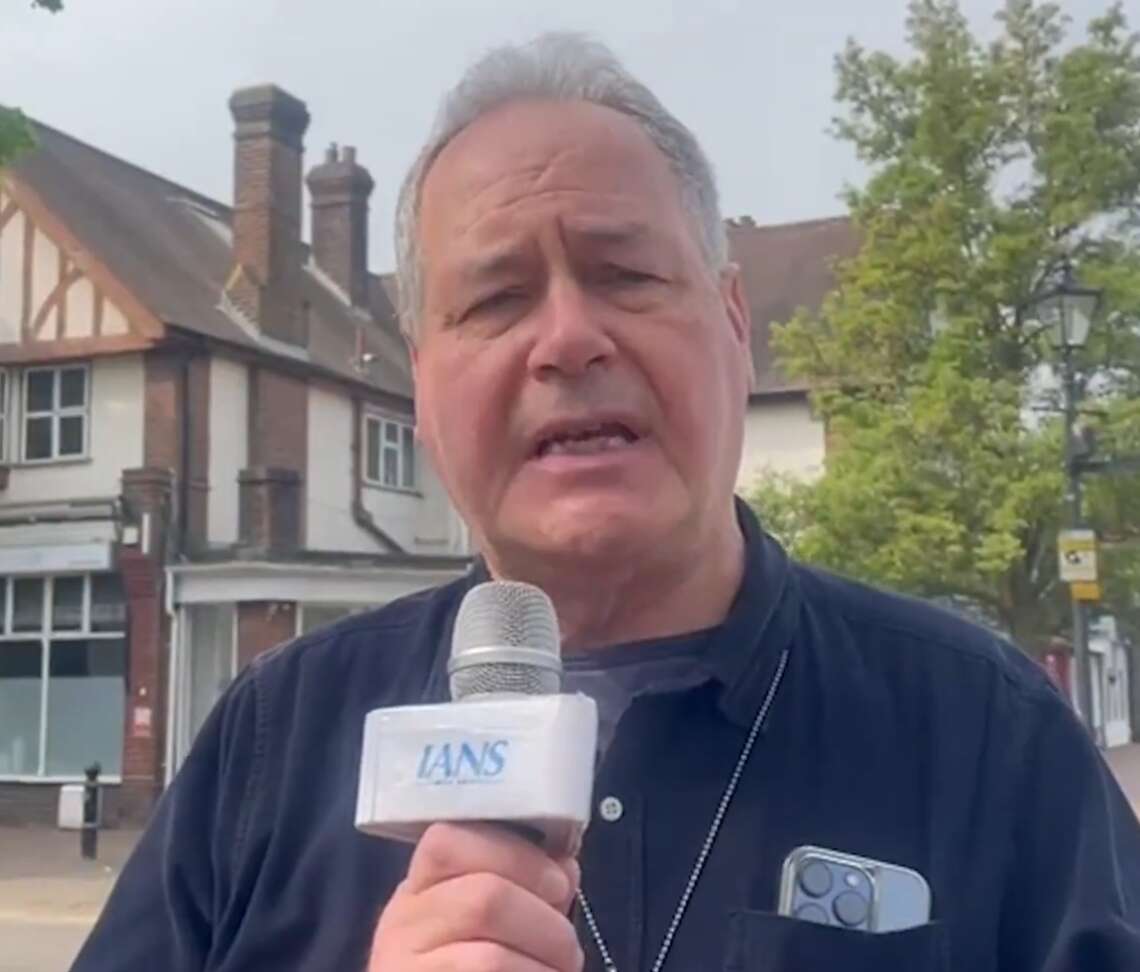From Kashmir to Kabul and London to Moscow, Pakistan’s terror links reveal a pattern of institutional complicity and international risk….reports Asian Lite News
Pakistan’s long-standing role in sponsoring, harbouring, and exporting terrorism is once again under international scrutiny following the recent terror attack in Pahalgam, Jammu and Kashmir. For decades, its territory has served as a base for cross-border terrorism, insurgencies, and the spread of extremist ideology.
In 2018, the former Prime Minister of Pakistan, Nawaz Sharif, had suggested that the Pakistani government played a role in the 2008 Mumbai attacks that Lashkar-e-Taiba, a Pakistan-based Islamist terrorist group, carried out.

General Pervez Musharraf, who took power in a coup in 1999, acknowledged that his forces trained militant groups to fight India in Kashmir. He confessed that the government turned a blind eye because it wanted to force India to enter into negotiations, as well as raise the issue internationally.
Just a few days back, Khawaja Muhammad Asif, Pakistan’s Defence Minister admitted in a recent viral video conversation with Sky News’ Yalda Hakim that Pakistan has been funding and supporting terrorist groups, claiming, “We have been doing this dirty work for the United States for about three decades… and the West, including Britain…”

Pakistan’s ISI (Inter-Services Intelligence) has been widely documented as supporting the Afghan Taliban and the Haqqani Network, providing them with funding, training, and safe havens. These groups have been responsible for numerous deadly attacks on Afghan civilians, government targets, and international forces, including the 2008 Indian Embassy bombing in Kabul and the 2011 attack on the US Embassy in Kabul.
In April, a Pakistan link emerged in the investigation of the Moscow terror attack. Russian authorities identified the mastermind as a Tajik national and are probing connections to Pakistan, with reports suggesting that the attackers may have had logistical or ideological support tracing back to Pakistani networks.
The country has also been involved in attacks in Iran, as well as the UK. Pakistan-based Sunni extremist group Jaish ul-Adl has repeatedly attacked Iranian security forces in Sistan and Baluchestan province. In response, Iran carried out missile and drone strikes on January 16, 2024, inside Pakistan’s Balochistan province, targeting what it described as Jaish ul-Adl hideouts. Iran has also regularly accused Pakistan of harbouring and failing to act against Sunni militants who stage attacks across the border.
The July 7, 2005, London bombings, carried out by four British Islamist terrorists, were linked to training and indoctrination in Pakistan. Three of the bombers – Mohammad Sidique Khan, Shehzad Tanweer, and Germaine Lindsay – spent time in Pakistan between 2003 and 2005

The 2011 US raid that killed Al-Qaeda leader Osama bin Laden in Abbottabad, Pakistan, exposed systemic failures in Pakistan’s counterterrorism efforts. Bin Laden had lived undetected for years in a compound near Pakistan’s Military Academy, raising suspicions of ISI collusion.
Pakistan’s ISI has been accused of funding and training Jamaat-ul-Mujahideen Bangladesh (JMB), a banned Islamist group responsible for the 2016 Gulshan cafe attack in Dhaka (20 hostages killed). In 2015, Bangladeshi authorities expelled Pakistani diplomats after catching them red-handed transferring funds to JMB operatives.

Pakistan also hosts a network of terror training camps across provinces like Punjab, Khyber Pakhtunkhwa (formerly NWFP), Waziristan, and Pakistan-occupied Kashmir (Pok). These camps, operated by groups such as Lashkar-e-Taiba (LeT), Jaish-e-Mohammed (JeM), Hizbul Mujahideen (HM), and transnational outfits like ISIS-Khorasan, serve as hubs for radicalisation, weapons training, and suicide mission preparation. Ex-Pakistani Army personnel often assist in training, lending military expertise to enhance operational lethality.
The US State Department’s Country Reports on Terrorism 2019 identified Pakistan as a country that “continued to serve as a safe haven for certain regionally focused terrorist groups.”
In a report titled Pakistan Army and Terrorism: An Unholy Alliance, the European Foundation for South Asian Studies highlights a deeply entrenched relationship among Pakistan’s military establishment, its intelligence agency–the ISI–and radical religious leaders. (ANI)













